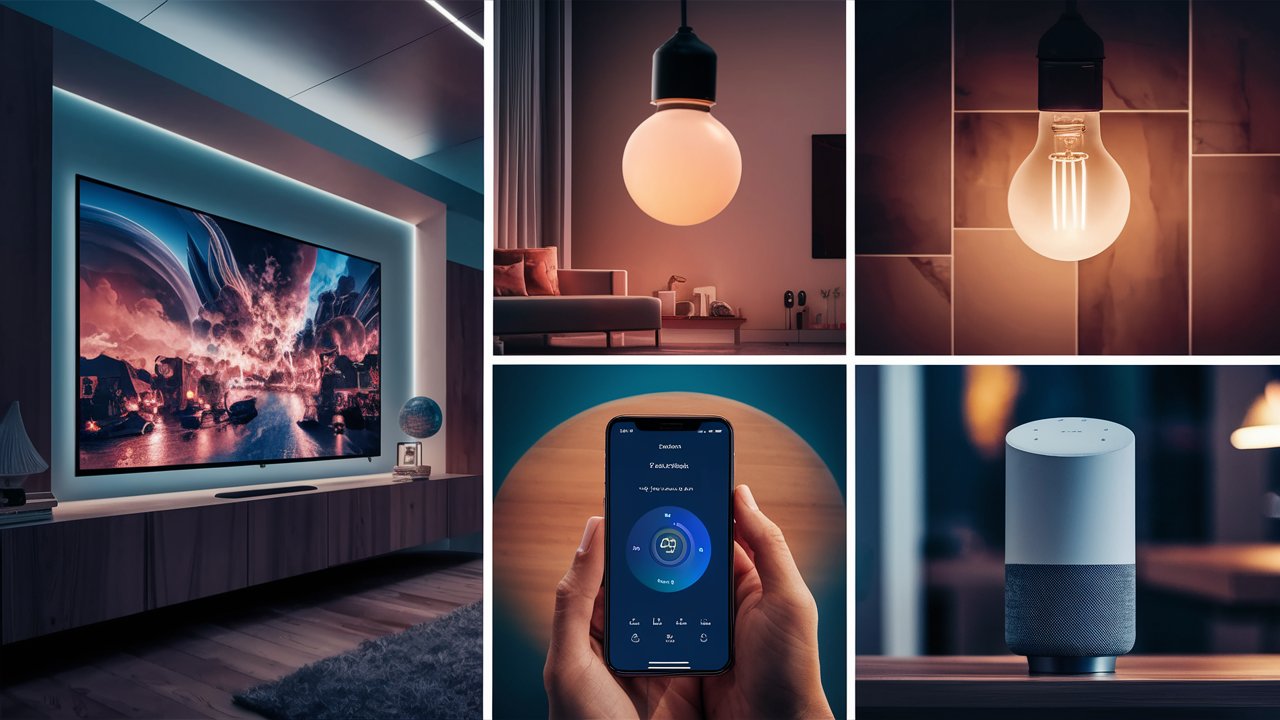AIM Uncovered
Exploring the latest insights and trends in technology and innovation.
Smart Homes: The Future or Just a Fancy Gimmick?
Discover if smart homes are the future of living or just a trendy gimmick. Uncover the truth behind the hype!
Smart Home Technology: Revolutionizing Everyday Living
Smart home technology is transforming the way we interact with our living spaces, making everyday tasks more convenient and efficient. From automated lighting systems to smart thermostats, these technologies allow homeowners to control their environment with just a few taps on a smartphone. As the Internet of Things (IoT) continues to expand, the integration of smart devices has become increasingly seamless, leading to a rise in energy efficiency and enhanced security features in homes. Not only do these innovations provide comfort and convenience, but they also offer the potential for significant savings on utility bills, which is becoming a crucial consideration for many homeowners.
Moreover, the advent of smart home technology has led to remarkable advancements in home security. Devices such as smart cameras, doorbell systems, and alarm systems provide homeowners with real-time monitoring and alerts, allowing them to keep an eye on their property from anywhere in the world. With the ability to program and control these systems remotely, users can easily customize their security settings to suit their individual needs. Overall, as smart home technology continues to evolve, it revolutionizes everyday living by not only enhancing convenience and comfort but also providing peace of mind in an ever-changing world.

Are Smart Homes Worth the Investment? A Comprehensive Guide
In today's rapidly evolving technological landscape, smart homes have gained immense popularity as a solution for enhancing convenience, security, and energy efficiency. As homeowners consider upgrading to smart home technology, it’s essential to weigh the potential benefits against the initial investment. Smart devices such as smart thermostats, security cameras, and lighting systems can significantly improve daily living by allowing users to control their home environment remotely. However, the key question emerges: Are the long-term savings and increased quality of life worth the upfront costs? Let's explore.
One of the main advantages of investing in a smart home is the potential for energy savings. According to studies, smart thermostats alone can reduce heating and cooling costs by up to 15%, which can add up to substantial savings over time. Additionally, the ability to monitor and manage your energy consumption through integrated systems can lead to more informed decisions about usage. Moreover, many smart home devices offer enhanced security features that not only provide peace of mind but can also lower insurance premiums. In summary, while the initial investment may seem daunting, the potential cost savings and lifestyle improvements often make smart homes a worthwhile investment.
Top 5 Myths About Smart Homes Debunked
As technology continues to advance, the concept of smart homes becomes more popular and accessible. However, with this rise in interest, there are numerous myths about smart homes that can cloud judgment and deter potential users. One prevalent myth is that smart homes are unaffordable. In reality, while some high-end systems can be pricey, many budget-friendly options exist that cater to various needs. Additionally, the potential for energy savings and increased home value can make the initial investment worthwhile.
Another common misconception is that smart homes are overly complicated and difficult to use. Contrary to this belief, most smart home devices are designed for user-friendliness, featuring intuitive interfaces and straightforward setup processes. Furthermore, compatibility between devices improves over time, leading to increasingly seamless integration. By debunking these and other myths about smart homes, homeowners can make informed decisions that enhance their living spaces with convenience and efficiency.